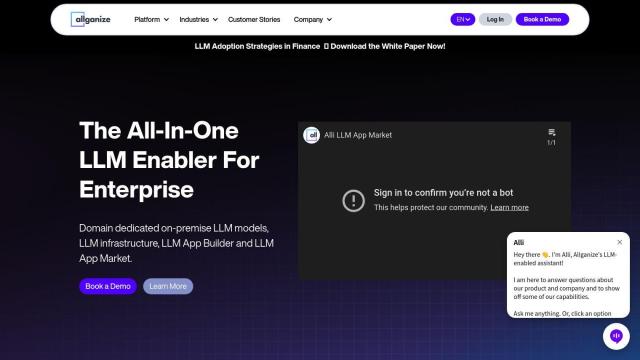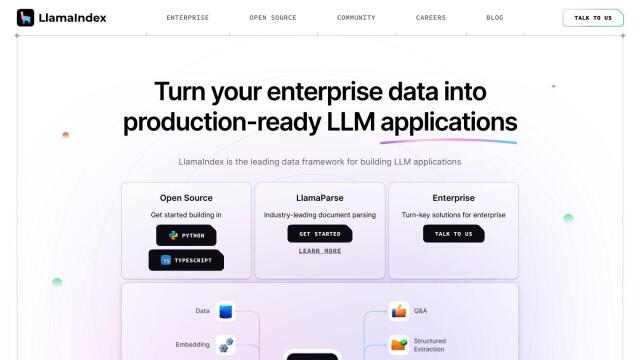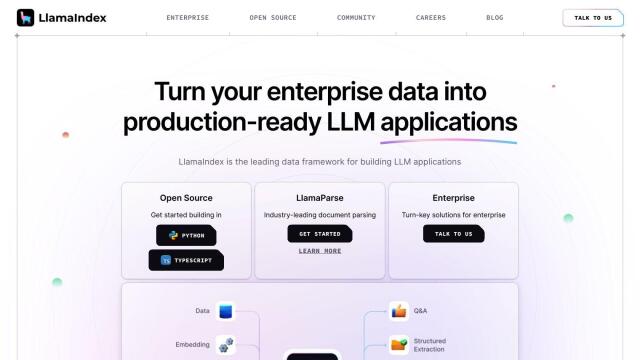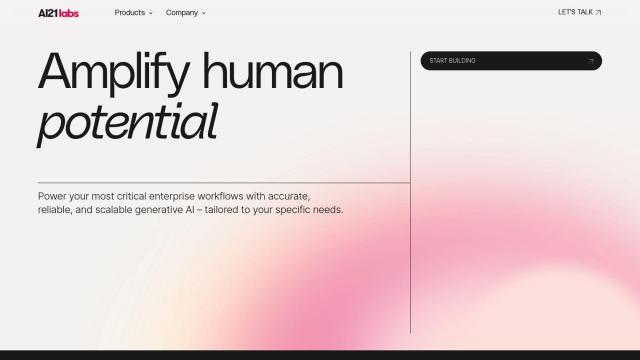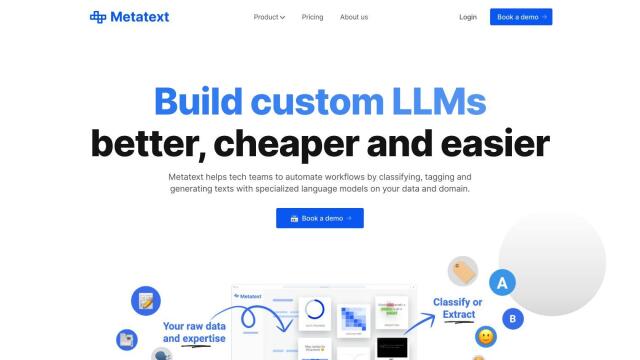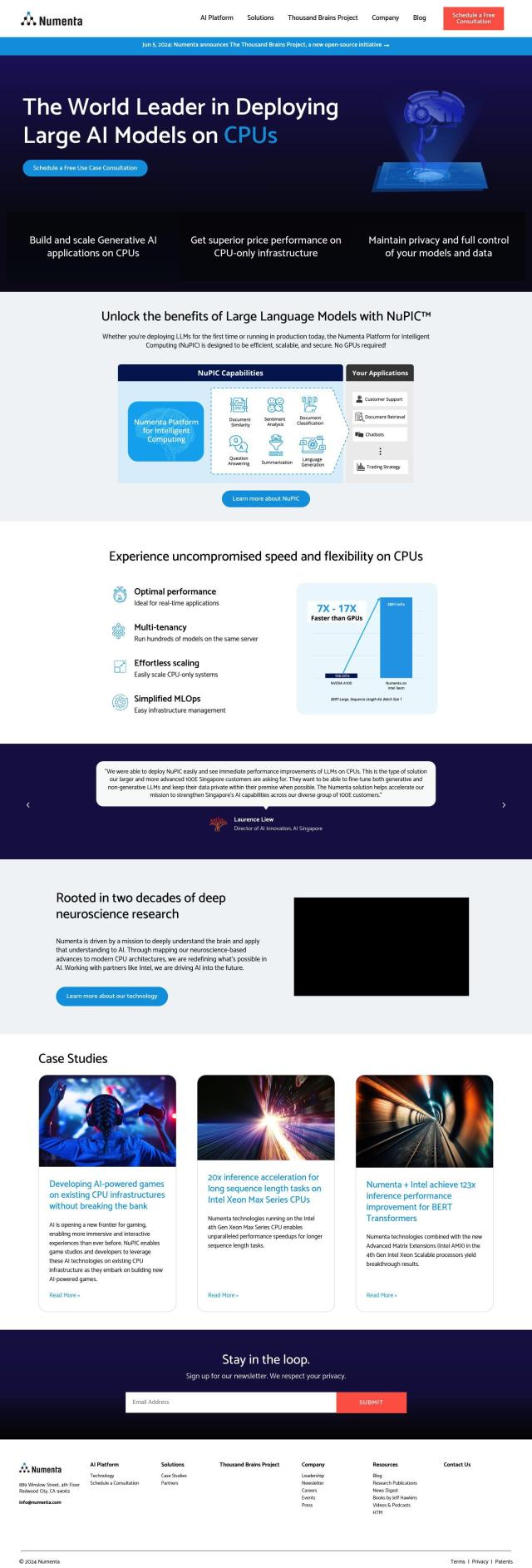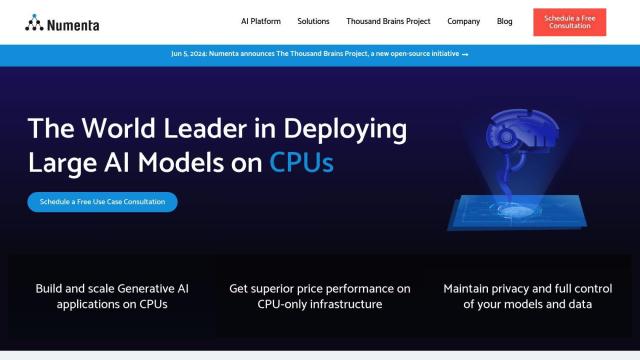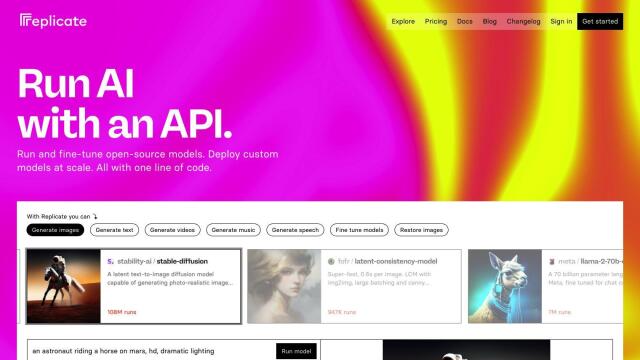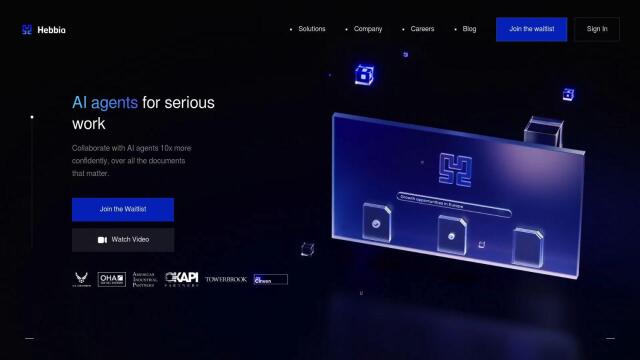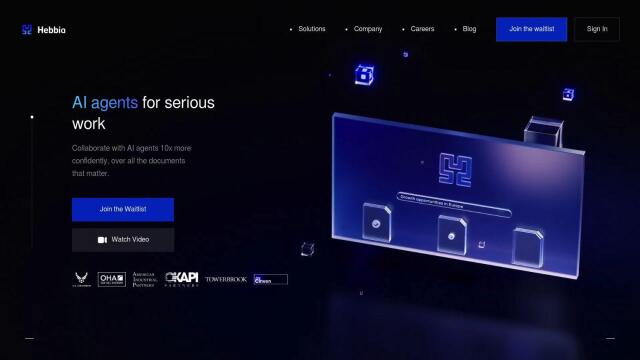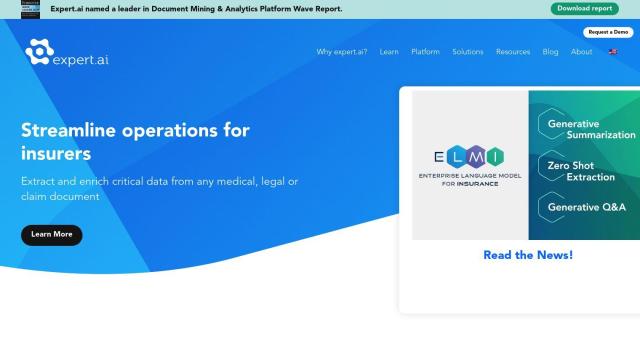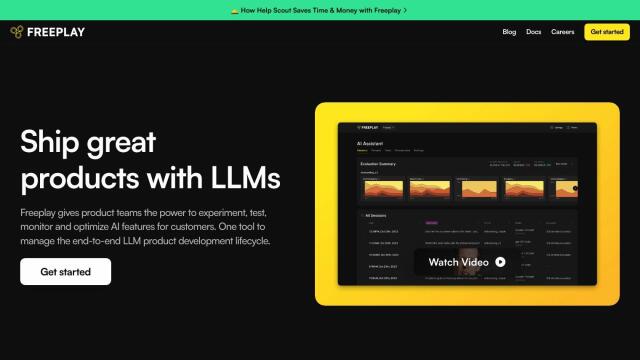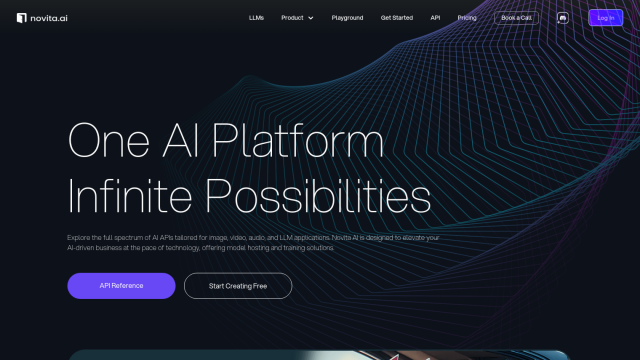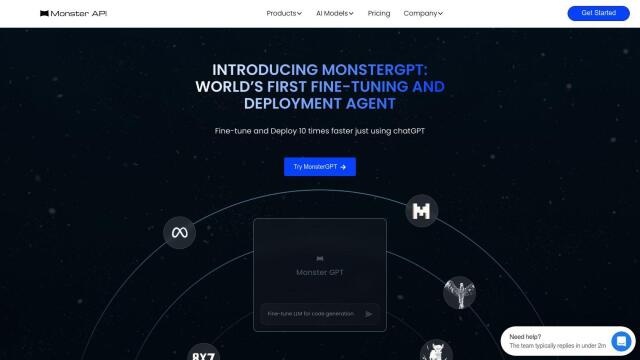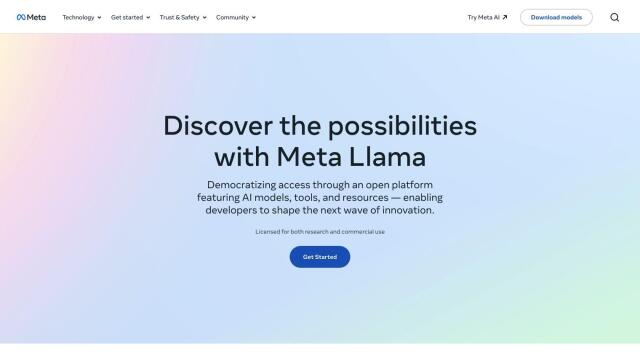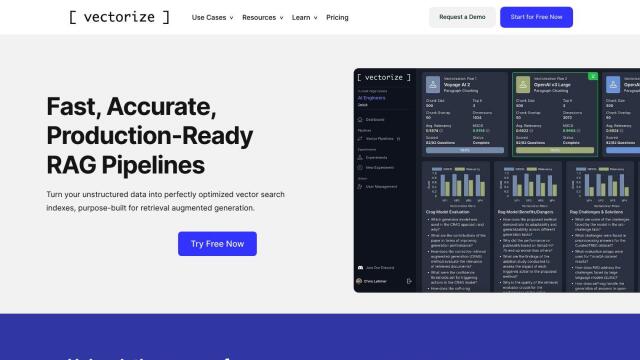Question: I'm looking for a solution that provides customized large language models for my industry, can you help me with that?

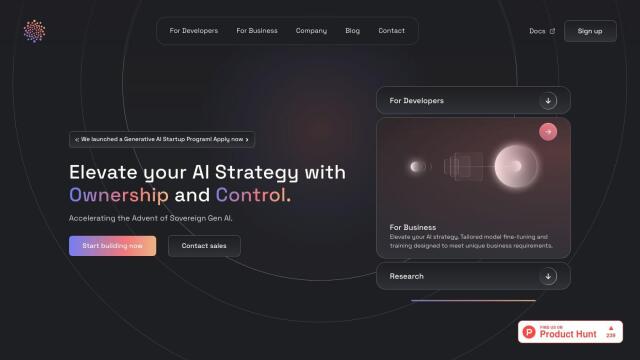
Prem
If you want to create your own large language models for your own industry, Prem could be a good option. The AI platform lets businesses use their own Large Language Models (LLMs) with a developer-friendly interface and fine-tuning that's customized for their needs. It's focused on data sovereignty and doesn't rely on third-party suppliers. It's got tools for prompt engineering, evaluation and deployment, so it's good for people who don't have a lot of AI expertise. The platform lets you train models with your own prompts and run them on your own premises for maximum data security.


Dayzero
Another contender is Dayzero, an enterprise AI platform that can power hyper-personalized applications with custom LLMs. It's got products like Worx for training and deploying generative AI models, Altimo for AI assistant tasks and Blox for automating processes. The platform can accommodate precision pre-training, a custom application layer and personalized fine-tuning, so it's good for companies in many fields. Dayzero offers cloud-agnostic deployment and data protection compliance.

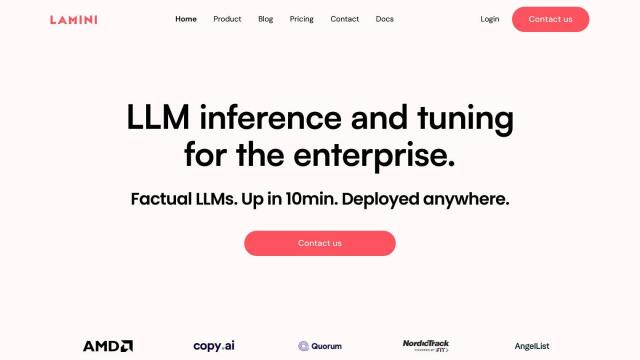
Lamini
Lamini is an enterprise LLM platform for software teams that want to train, manage and deploy their own LLMs on their own data. It's got options like memory tuning for high accuracy, deployment on different environments and guaranteed JSON output. The platform can be installed on-premise or in the cloud, and it can handle thousands of LLMs. Lamini also offers full lifecycle management for models, including selection and deployment.


Turing
If you want to improve LLM performance and build your own genAI products, Turing is a powerful platform. It's got model evaluation tools, coding optimization tools and integration with agents and functions. Turing also offers engineering services for training and optimizing LLMs, so you can build your own applications with AI/ML and generative AI. The company's customers include healthcare, finance and retail, and it's got products to automate tasks and make decisions.



